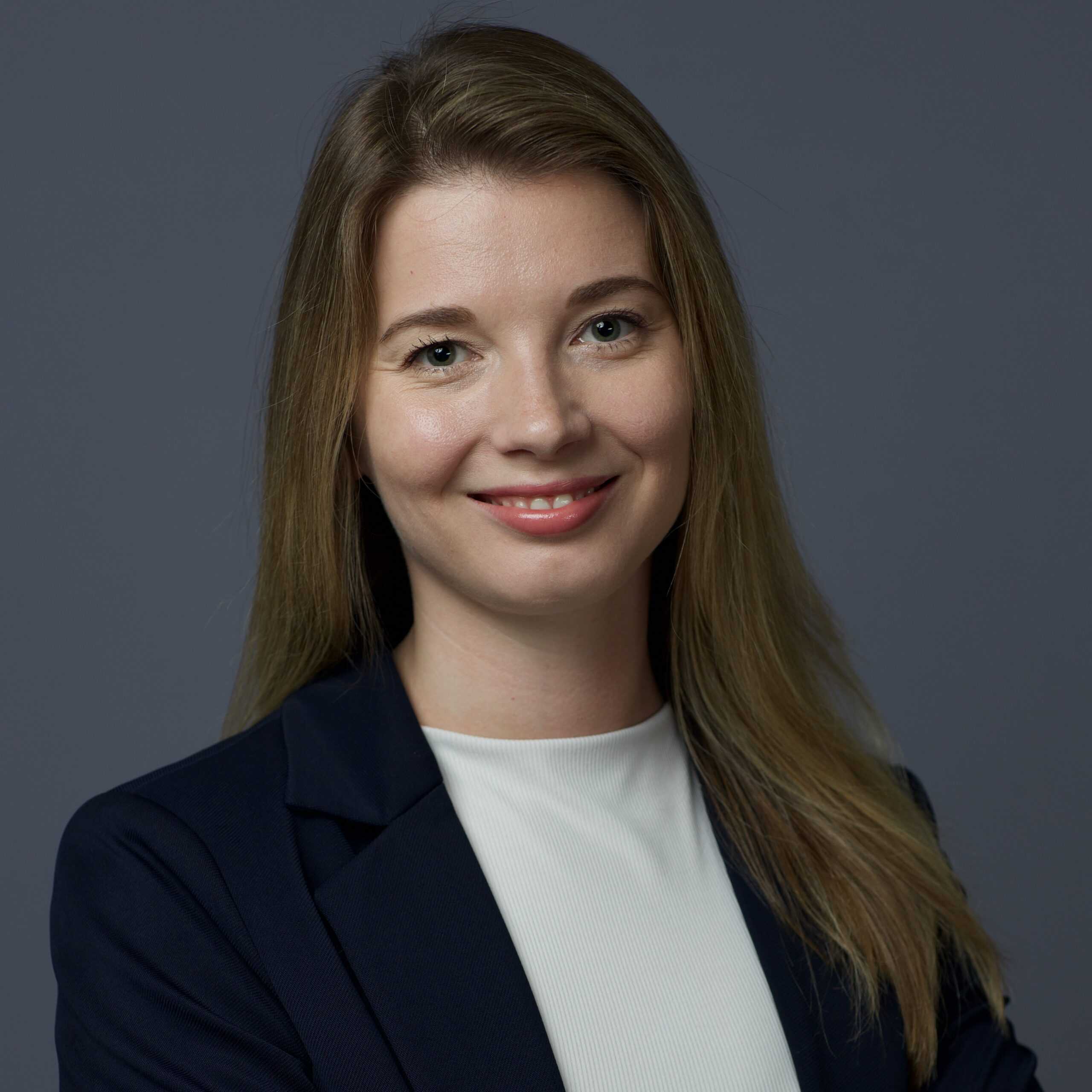Myelodysplastic syndromes (MDS) are a heterogeneous collection of blood cancers caused by genetic mutations in the blood cells. MDS patients frequently (10-30%) show co-occurring autoimmune or autoinflammatory symptoms, which are associated with poor outcomes. The cause and origin of inflammation in MDS is poorly understood. Thus, there is an unmet need to understand how the dysregulation of the immune system can lead to MDS through systemic inflammation.
Recently, a genetic link between inflammation and MDS was discovered: mutations in UBA1 cause a severe systemic autoinflammatory disease called VEXAS and 50% of VEXAS patients are diagnosed with MDS. Dr. Sirenko’s research aims to understand how somatic mutations in UBA1 and other frequent co-mutations in pro-inflammatory genes, TET2 and DNMT3A, drive this severe disease and the progression to malignancy. Next, she aims to profile VEXAS-like patients without UBA1 mutations to discover novel mutations which drive autoinflammatory disease and blood cancer.
Dr. Sirenko has led the largest study to date describing the genomic landscape and clinical presentation in VEXAS-MDS, and is well positioned to carry out this study under the mentorship of leaders in the field of immunology (Iannis Aifantis), computational biology (Aristotelis Tsirigos), and David Beck, who first linked UBA1 mutations to VEXAS and led the early work characterizing the disease.
Together, these aims will improve an understanding of how mutations in the blood drive systemic inflammation and progression to blood cancer. This is key as VEXAS-MDS patients have no effective therapies and have poor outcomes. This research will lead to desperately needed treatment strategies.
Projects and Grants
VEXAS syndrome, systemic inflammation, and progression to myelodysplastic syndromes
New York University Grossman School of Medicine | Blood Cancers | 2024 | Iannis Aifantis, PhD

